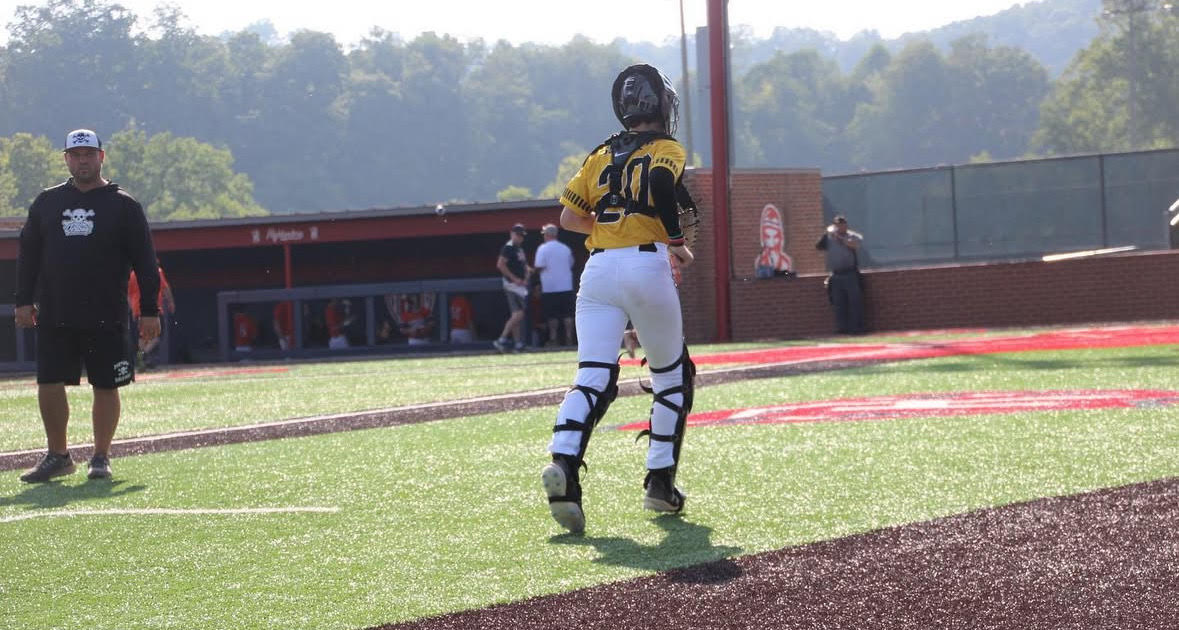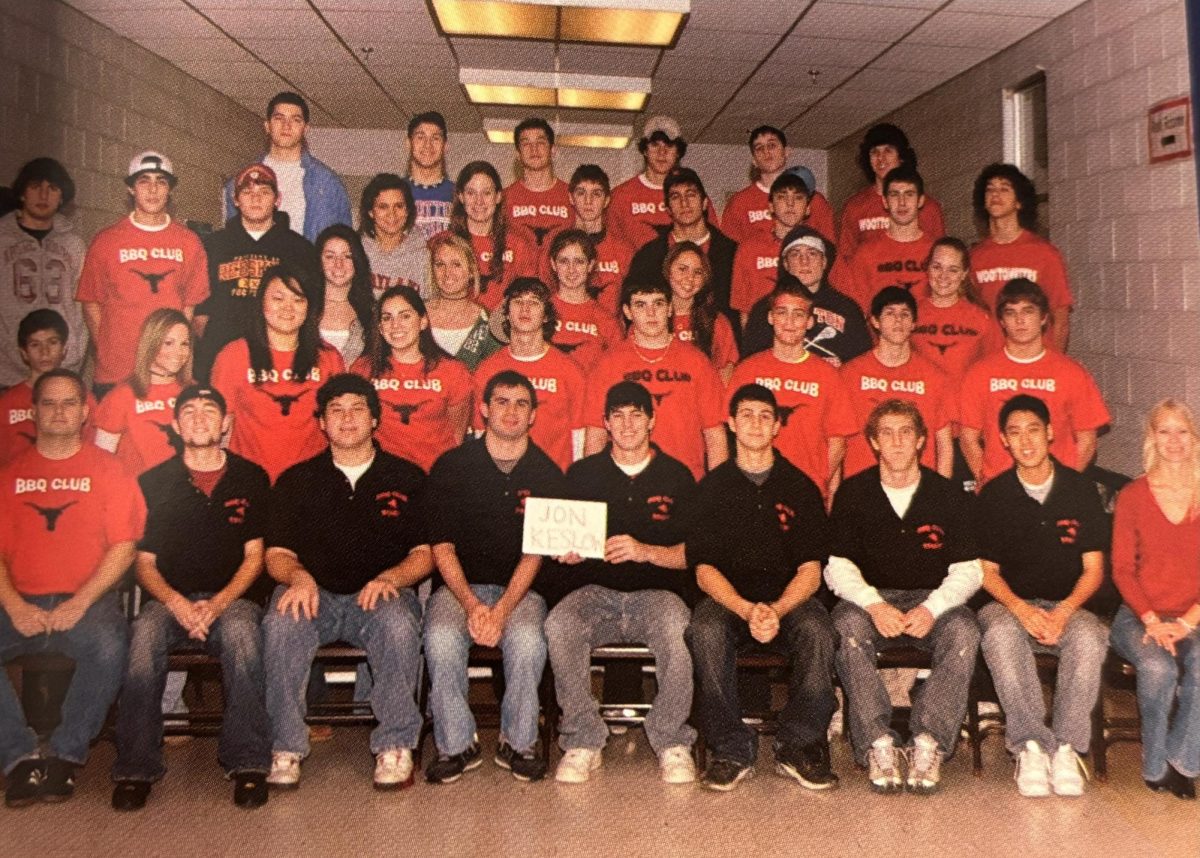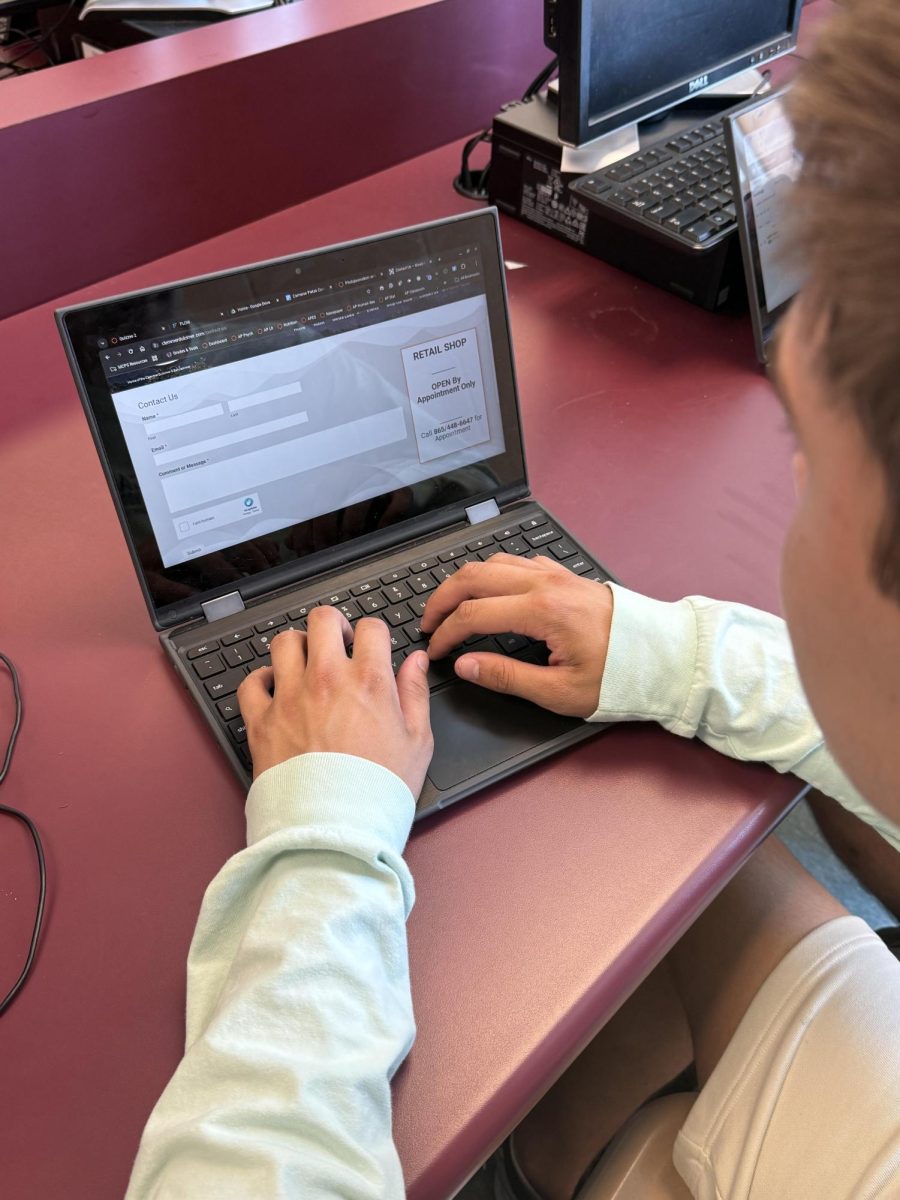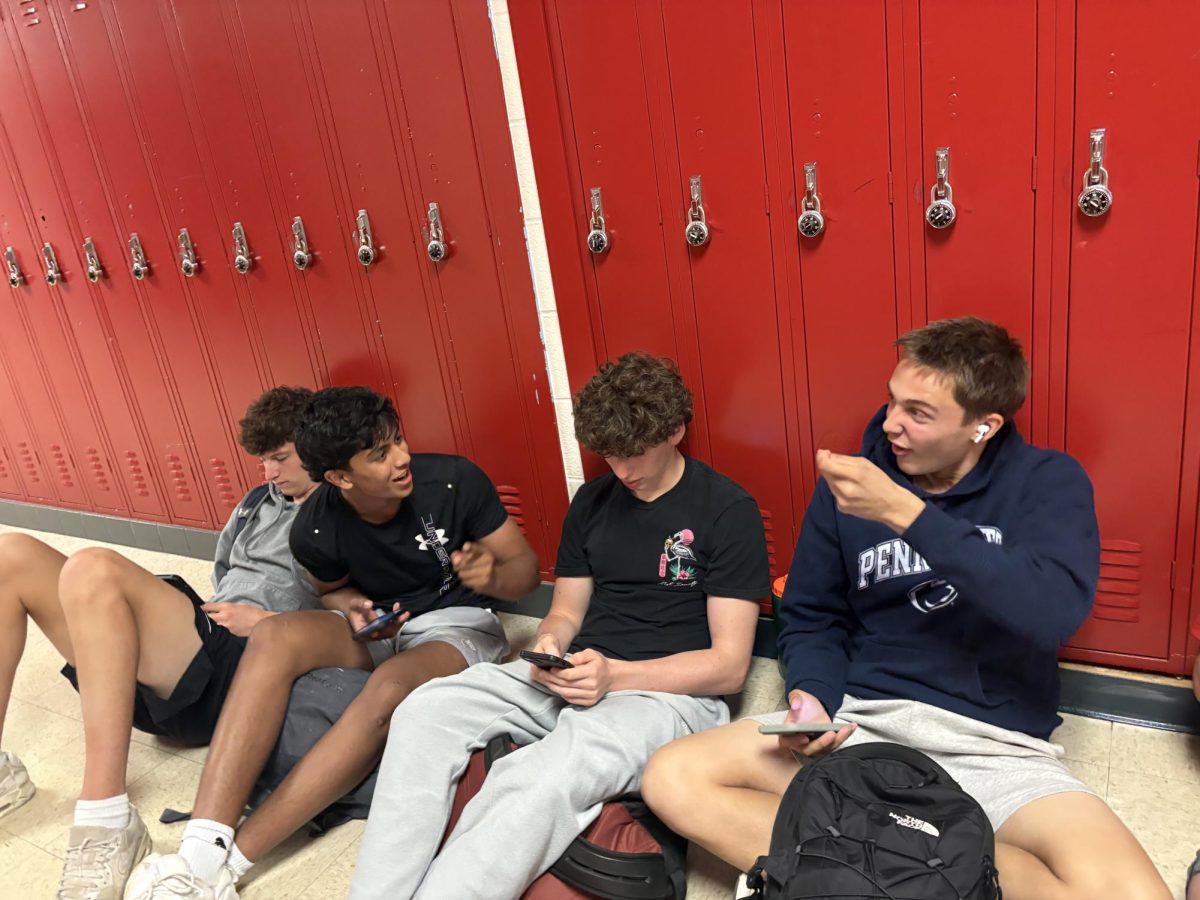You are in a raging debate with your friends, yelling and arguing over whose claim is right. All of a sudden, they prove you wrong, creating the uncomfortable position of either creating a weak excuse or an awkward apology. Either way you feel the shameful feeling of being wrong.
It is painful to be proven wrong because of the embarrassment and humiliation that accompanies it. Freshman Natalie Ketzler does not enjoy being wrong, for she feels embarrassed at the situation she had been called out for. “Generally being called out that I did something incorrectly makes me embarrassed, as I’m sure a majority of students can say the same,” Ketzler said.
Admitting a mistake or faulty claim is difficult to confess. This perhaps may be because of the common human nature of strongly disliking being or doing something wrong. Admitting self-errors, especially grammatical errors, can be embarrassing because it makes a person feel not as intelligent. Freshman Sasha Annabel says she hates to be proven wrong. “I used to hate it when people correct me,” Annabel said.
People can get caught up justifying that they are correct, filled with self-confidence and passion. Once proven incorrect, they find it difficult to fathom and are ashamed. This leads most to either defend their side or give an apology. Ketzler becomes agitated once proven wrong, because of her sure confidence in the matter. “I generally get defensive and upset, since I was confident that I was right in the first place,” Ketzler said.
As high school students, it is especially difficult to be embarrassed or ashamed. Being proven wrong is hard to face because it triggers these awful feelings. Becoming defensive or upset toward being wrong can make the already stressful situation more agitating. Doing these actions can lead to an even larger and unwanted dispute.
If proven wrong, it is best to approach the situation calmly and quietly, noting the mistake that was made. If this quiet approach is put into use more often, it will benefit future situations to come. Senior Eric Strauss usually gets defensive, but learns to admit his mistakes. “I usually get defensive because I’m a tad egotistical, however, when logic prevails, I can admit when I’m wrong,” Strauss said.
Making a mistake or being proven wrong has its advantages. As high school students know, it is one of the worst feelings answering a question wrong in class or making a mistake. One way to overcome this fear is to accept the reality of being incorrect, and admit that it is OK to make mistakes. Another method is to use the incident as a learning experience and benefit from correcting the mistake in the future. Ketzler believes that even though it may be shameful, that being wrong encourages herself to improve. “I have to take into account that they’re correcting me for my own self-advantage, and also to improve,” Ketzler said.







